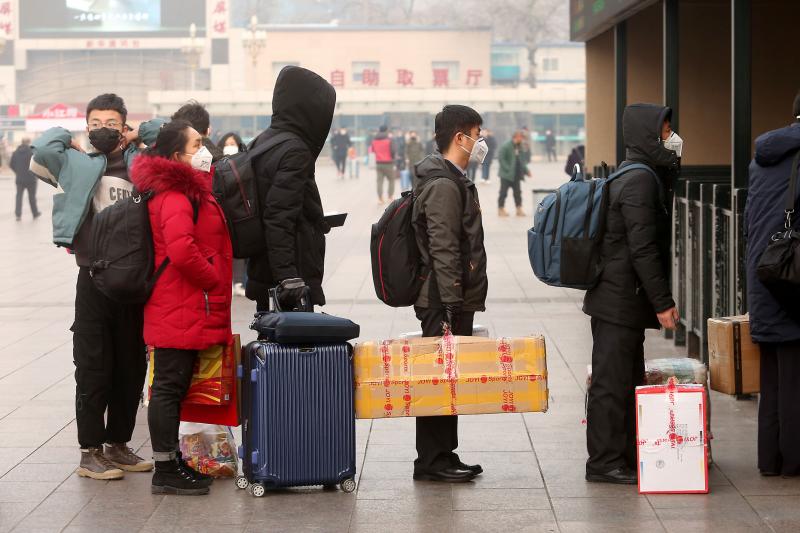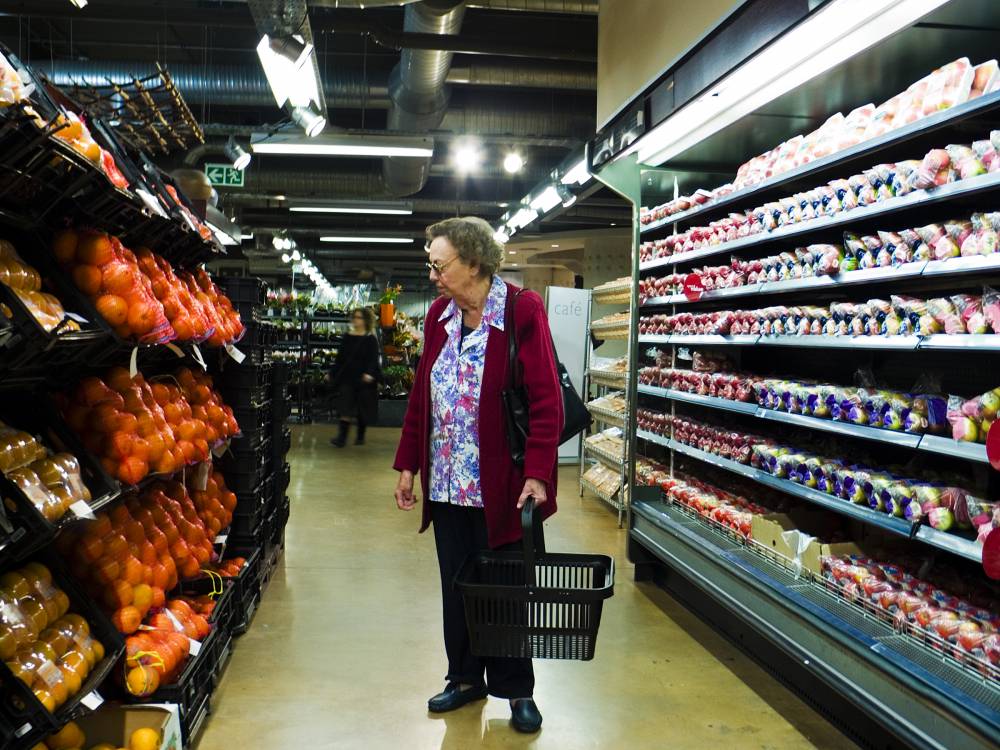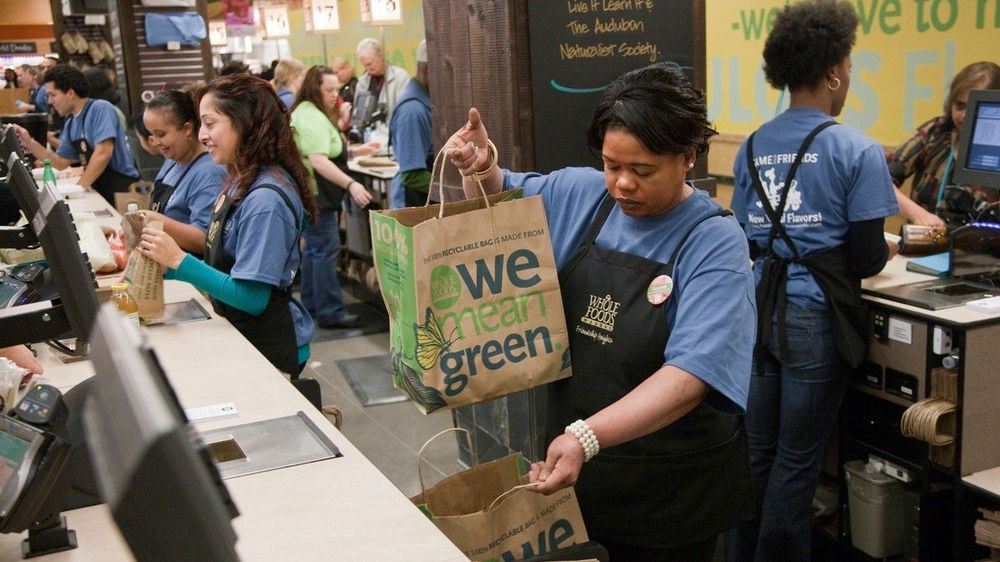:ooooo.
Unlocking the full potential of cannabis for agriculture and human health will require a co-ordinated scientific effort to assemble and map the cannabis genome, says a just-published international study led by University of Saskatchewan researchers.
In a major statistical analysis of existing data and studies published in the Annual Review of Plant Biology, the authors conclude there are large gaps in the scientific knowledge of this high-demand, multi-purpose crop.
“Considering the importance of genomics in the development of any crop, this analysis underlines the need for a co-ordinated effort to quantify the genetic and biochemical diversity of this species,” the authors state.








